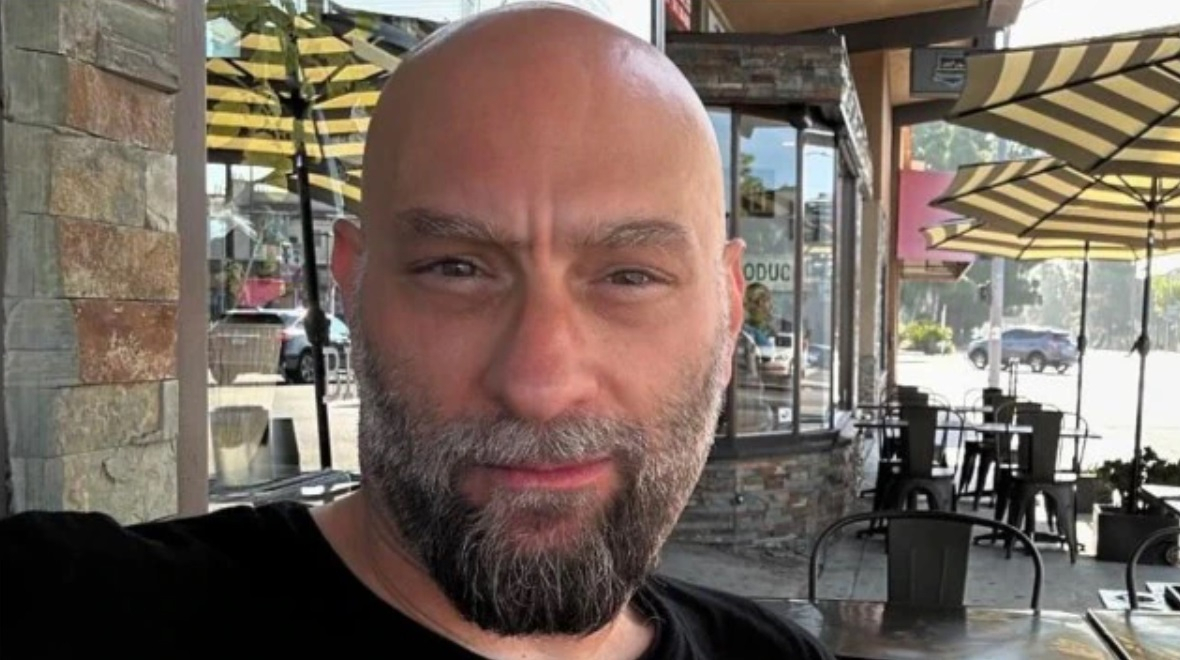A major rift has emerged in the White House as Elon Musk publicly criticized Peter Navarro, a key adviser to President Donald Trump. Navarro is the main figure behind the new reciprocal trade tariffs that sparked a sharp drop in the stock market.
The tariffs were announced as part of Trump’s “Liberation Day” economic agenda. But the result has been far from liberating. Wall Street took a major hit. U.S. markets reportedly lost $2.5 trillion in value in a single week. Tesla, Musk’s company, also suffered. Reports say the billionaire lost more than $30 billion in net worth due to the downturn.
X
While Musk has often supported Trump in public, he had been silent on this new policy. That changed over the weekend. Taking to X, the platform formerly known as Twitter, Musk aimed direct shots at Navarro. He questioned Navarro’s economic record and mocked his academic background.
Navarro, a Harvard-educated economist, was appointed on the recommendation of Jared Kushner, Trump’s son-in-law. In a video posted by a user on X, Navarro defended the tariffs and highlighted his Harvard credentials. Musk responded sharply, saying, “A PhD in Econ from Harvard is a bad thing, not a good thing. Results in the ego/brains>1 problem.”
When another user defended Navarro’s experience, Musk fired back, “He ain’t built s***.” His response suggested that Navarro lacks real-world business achievements. The Tesla CEO appeared to express frustration over academic elitism and what he views as out-of-touch policymaking.
Musk’s remarks didn’t stop there. He later reacted to a quote from economist Thomas Sowell, which said, “In every disaster throughout American history, there always seems to be a man from Harvard in the middle of it.” Musk replied with a simple, “Yup.”
Navarro, for his part, has not publicly responded to the comments. However, Musk’s criticism could widen a divide within the administration’s top advisers. The tariffs have triggered debate among economists and business leaders. Some fear they could lead to a full-scale trade war.
Navarro has a controversial history. In 2022, he was indicted by a federal grand jury for contempt of Congress. He refused to comply with a subpoena from the committee investigating the Capitol riots of January 6, 2021. Navarro was later sentenced to four months in jail and fined $9,500. He became the first former White House official imprisoned for such a charge.
Despite this, Navarro has continued to defend Trump’s economic policies. He argues that the tariffs are meant to protect American jobs and industries. But critics like Musk see them as harmful, especially to tech and manufacturing sectors that rely heavily on global supply chains.
Tesla, for instance, imports key components from China, Japan, Mexico, and Taiwan. Tariffs on those regions could drive up costs and disrupt production. Musk has previously warned that sudden policy shifts like tariffs can damage complex supply networks.
In a video call with Italian leader Matteo Salvini, Musk recently stated his broader views on trade. He said he hopes for a “zero-tariff” zone between Europe and North America. “If people wish to work in Europe or in North America, they should be allowed to do so,” Musk said. He added that this has been his advice to President Trump.
Musk has long argued for open and predictable trade policies. Last year, he said in a podcast, “You need to be careful with tariffs… They mess everything up.” The Tesla CEO emphasized that businesses need stable rules to plan and invest effectively.
The sharp fall in the markets has put pressure on the administration. Critics are calling for a rethink of the tariff strategy. Investors are also voicing concern, worried that the economic pain could deepen.
For now, the White House remains silent on the Musk-Navarro exchange. But insiders say there’s growing tension. Some advisers are reportedly uneasy with the backlash from major industry players like Musk.
As the debate unfolds, all eyes are on whether the Trump administration will adjust its approach. For Musk, the message is clear: reckless trade moves are bad for business, bad for markets, and bad for America’s future.







